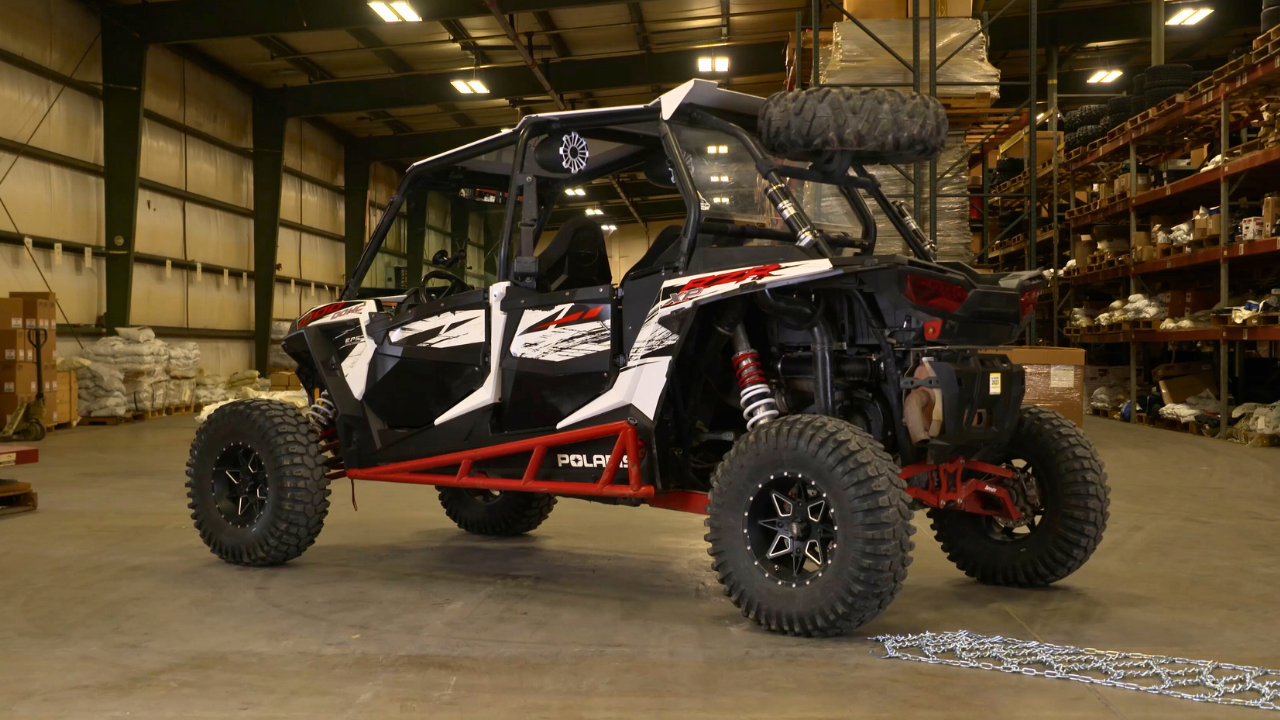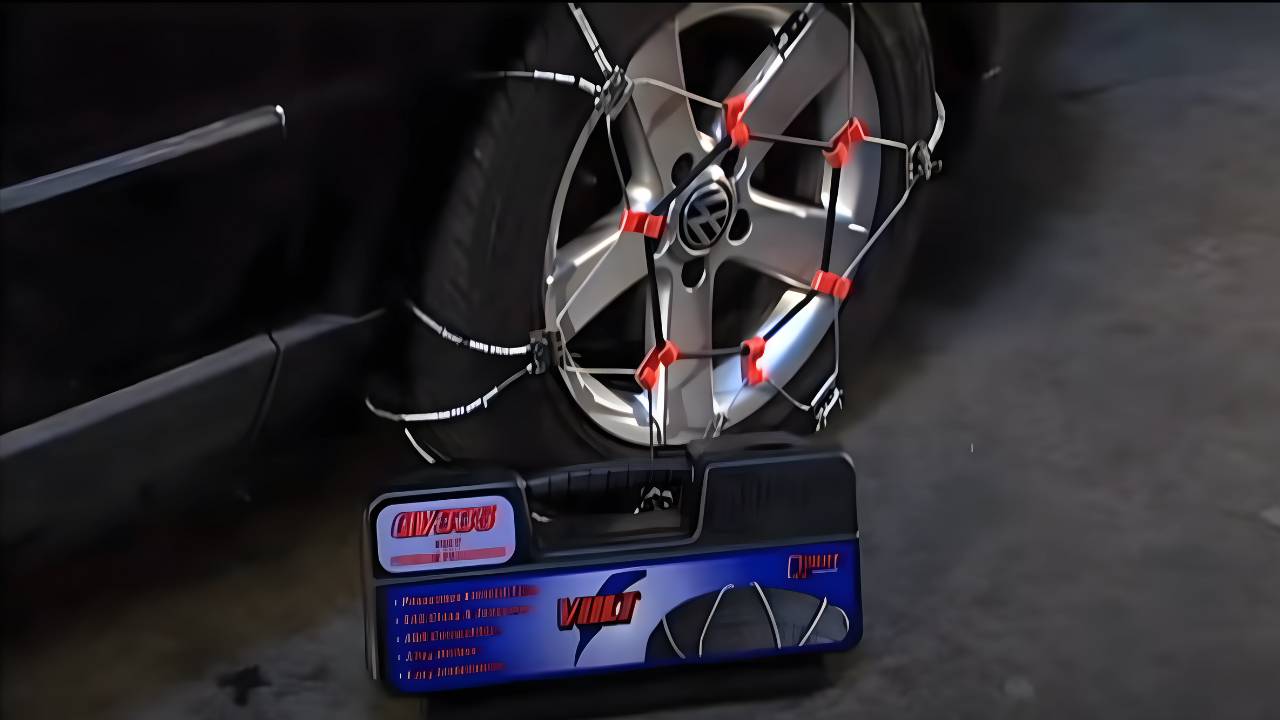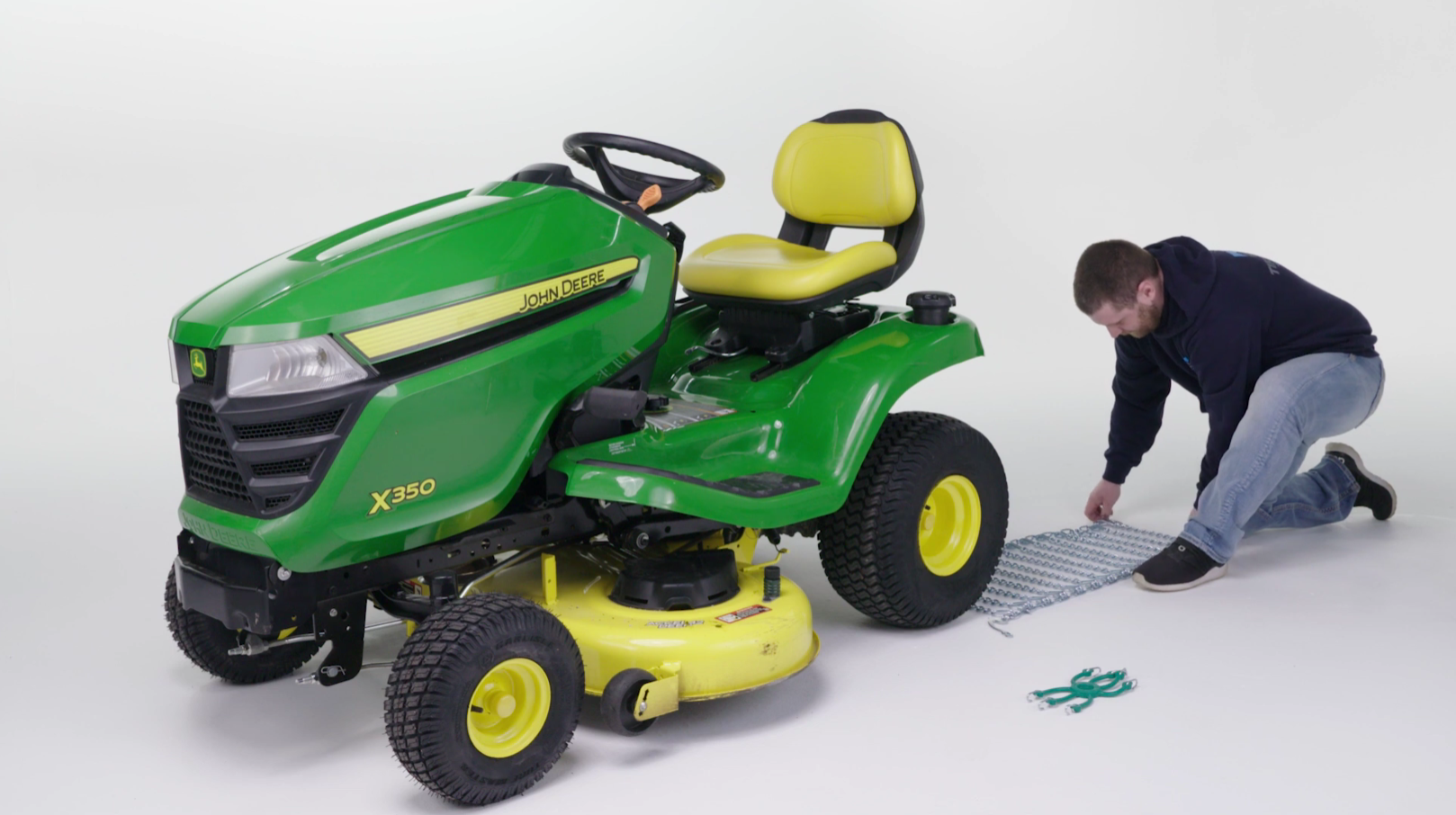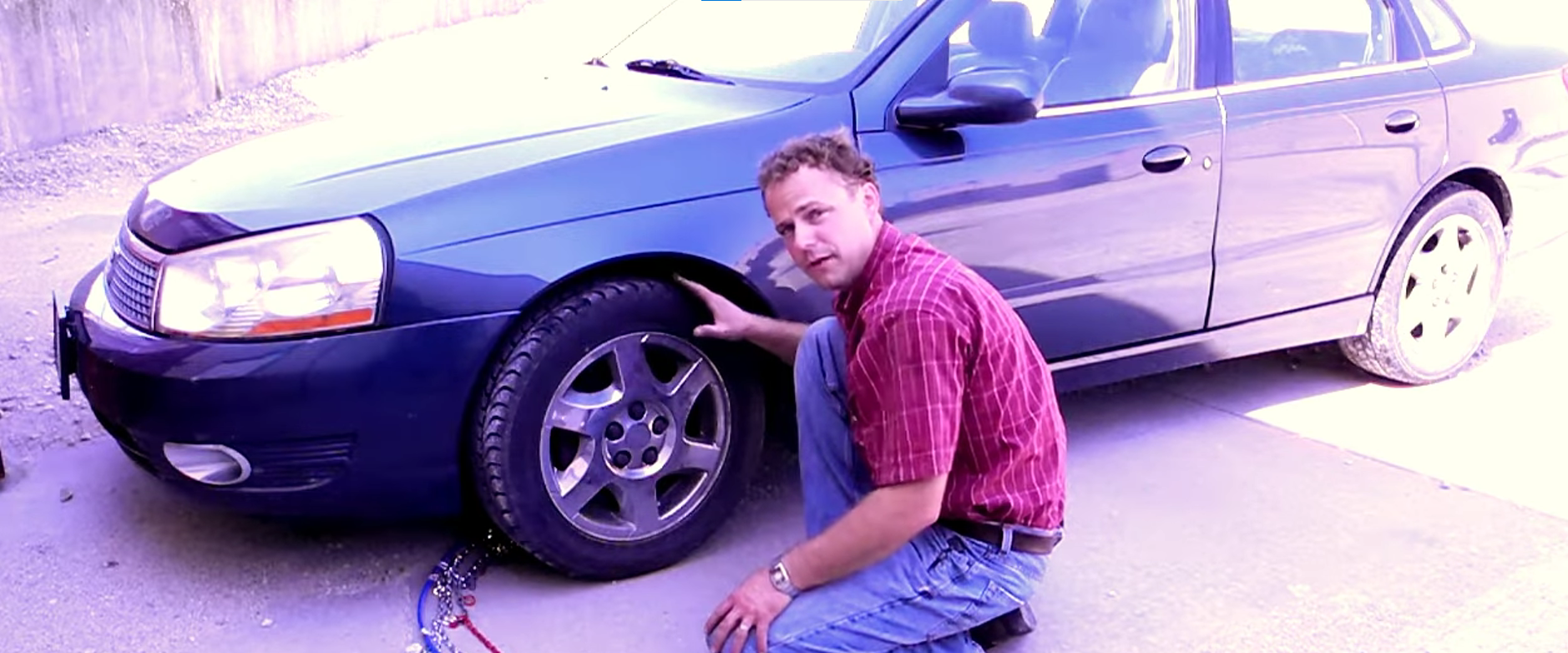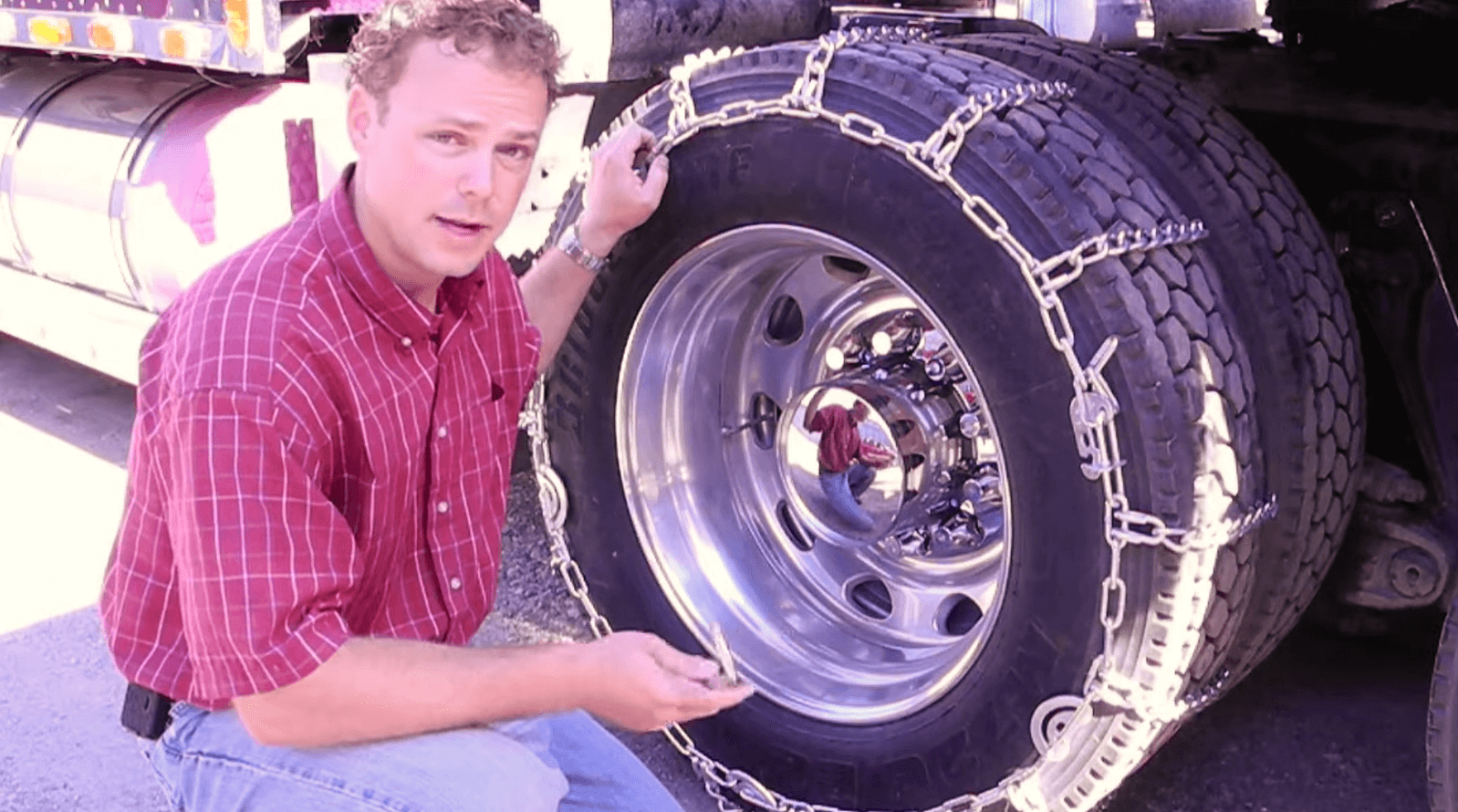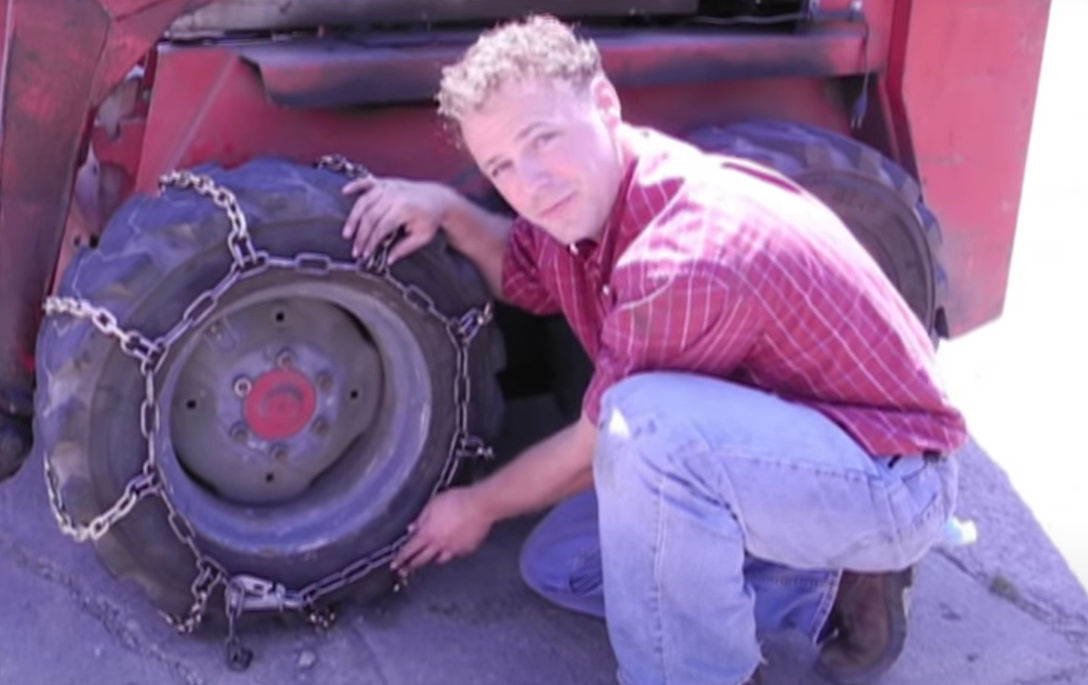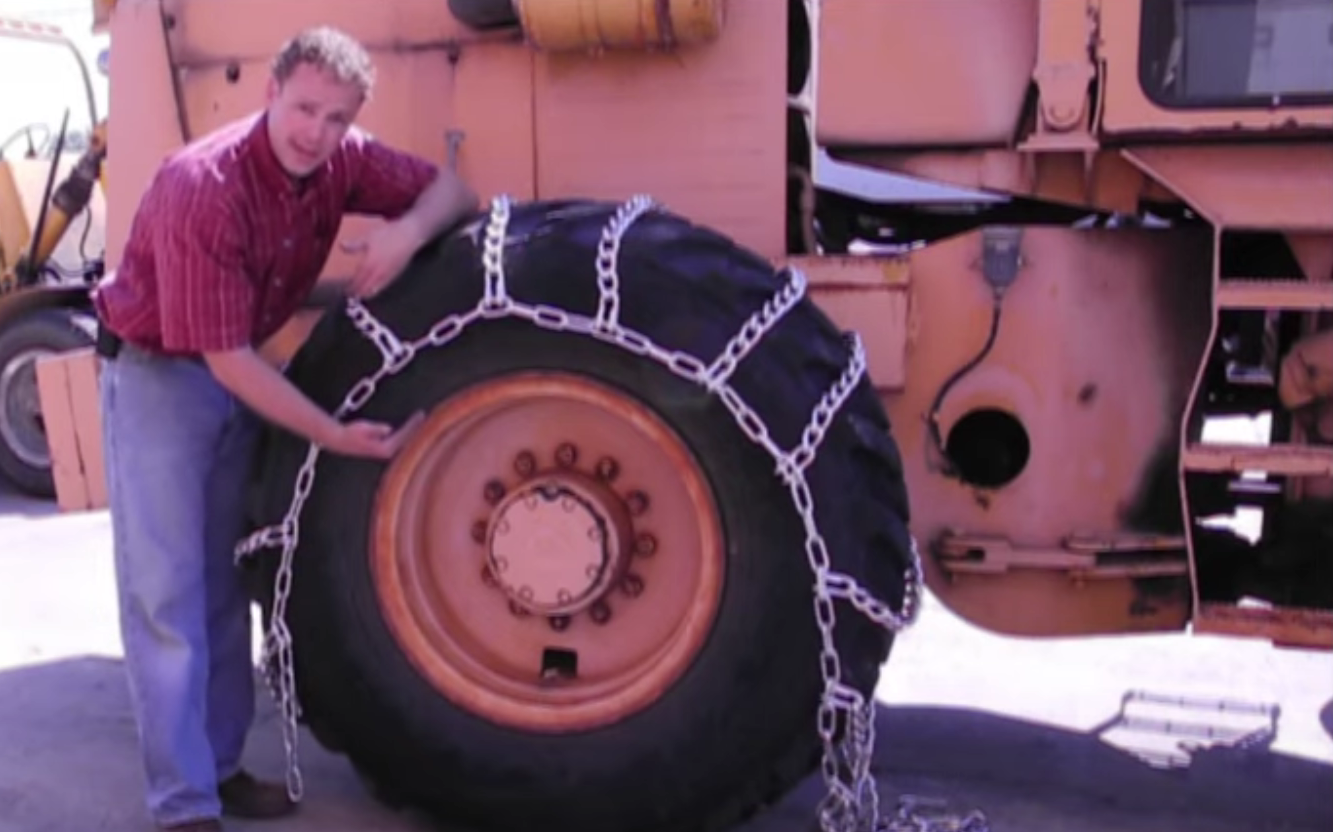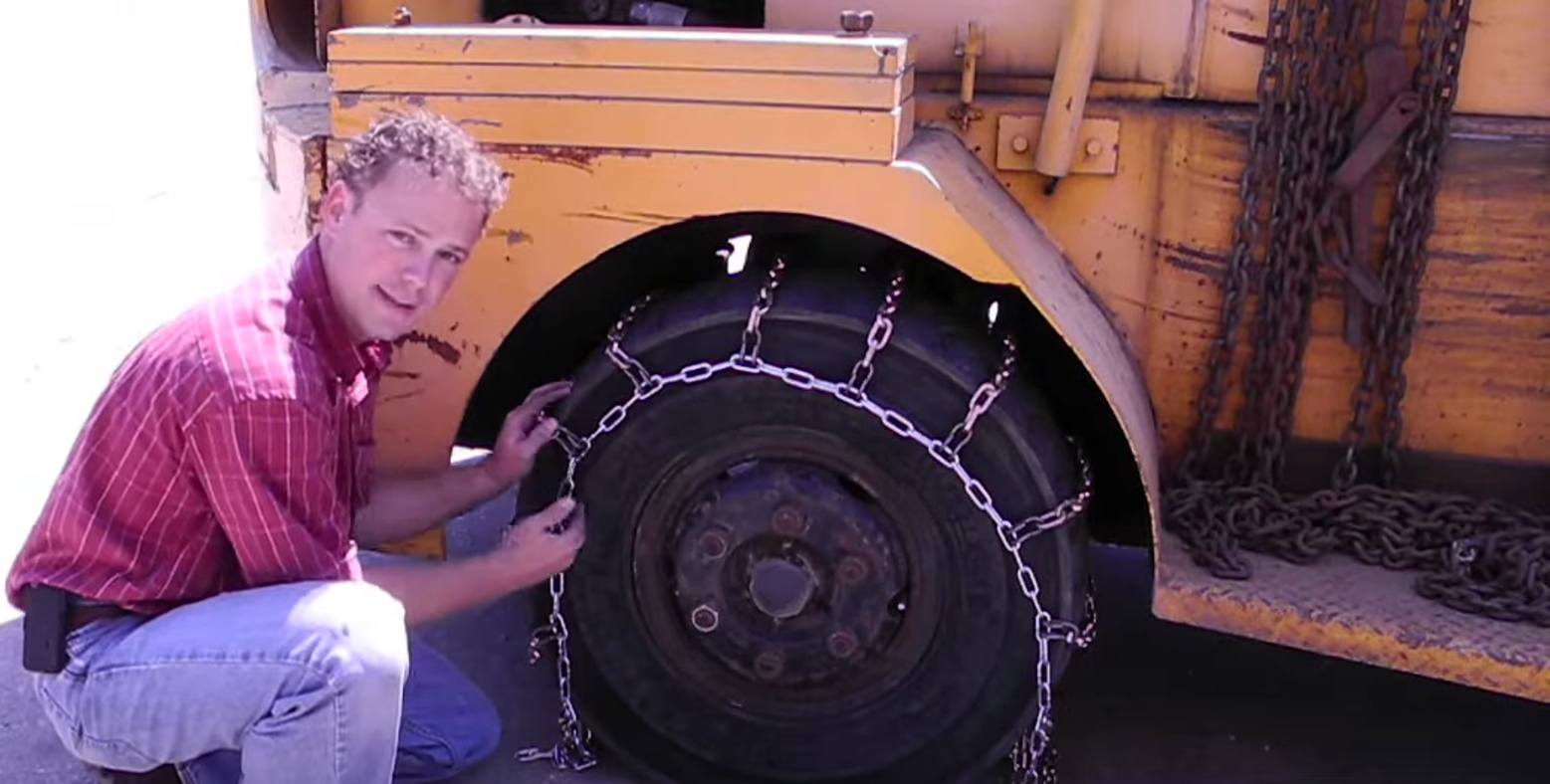Installing Tire Chains
Learn how to install tire chains for a variety of vehicles, chain types, and so much more! We know chain installation can be daunting for newer customers and want to make it easier to use tire chains. See our most recent posts below, with more to come soon.
We also have videos on each of our product pages. If you’re looking for a specific chain installation, find the product on our website and see if it’s on the page before coming here for more general installation information.
Still Need Help? Contact us by phone or online here.

